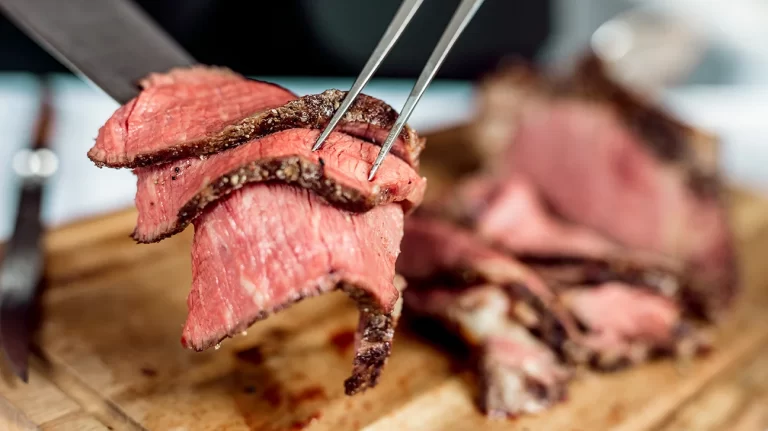How to Stop Junk Food Addiction
How to stop Junk Food Addiction: Junk food addiction is a widespread issue that affects many people. The lure of sugary, salty, and fatty foods can be incredibly tempting, leading to unhealthy eating habits and potential health problems. Fortunately, overcoming junk food addiction is possible with the right strategies and mindset. Here’s a comprehensive guide to help you break free from the cycle of junk food consumption and develop healthier eating habits.

Understanding Junk Food Addiction
Junk food refers to foods that are high in calories, sugar, salt, and unhealthy fats but low in essential nutrients. Common examples include fast food, chips, candy, and sugary beverages. Addiction to junk food can develop due to various factors, including:
- Emotional Eating: Using food as a comfort during stressful times.
- Habitual Consumption: Repeatedly eating junk food out of habit or convenience.
- Biological Factors: The high sugar and fat content can trigger pleasure centers in the brain, leading to cravings.
Recognizing the Impact
Consuming junk food regularly can lead to several health issues, including:
- Weight Gain: High-calorie foods can contribute to obesity.
- Nutritional Deficiencies: Lack of essential nutrients can affect overall health.
- Increased Risk of Chronic Diseases: Such as diabetes, heart disease, and hypertension.
Steps to Overcome Junk Food Addiction
- Acknowledge the Problem
The first step in overcoming junk food addiction is acknowledging that you have a problem. Recognize the impact that junk food has on your health and well-being.
- Identify Triggers
Determine what triggers your junk food cravings. Common triggers include:
- Stress: Emotional or situational stress can lead to cravings.
- Social Settings: Being around others who are eating junk food.
- Boredom: Eating out of boredom rather than hunger.
By identifying these triggers, you can develop strategies to address them.
- Develop Healthy Eating Habits
Replacing junk food with healthier options is key to breaking the addiction. Consider the following:
- Plan Your Meals: Prepare balanced meals and snacks that include fruits, vegetables, lean proteins, and whole grains.
- Healthy Alternatives: Choose healthier alternatives to your favorite junk foods. For example, opt for air-popped popcorn instead of chips, or fruit instead of candy.
- Read Labels: Be mindful of food labels and avoid products high in added sugars, unhealthy fats, and sodium.
- Create a Balanced Diet
Incorporate a variety of nutrient-dense foods into your diet to ensure you get all the essential vitamins and minerals. Focus on:
- Lean Proteins: Such as chicken, fish, and legumes.
- Whole Grains: Including brown rice, quinoa, and oats.
- Fruits and Vegetables: Aim for a colorful array to maximize nutrients.
- Manage Cravings
When cravings strike, use strategies to manage them:
- Healthy Snacking: Keep healthy snacks on hand, like nuts, yogurt, or fresh fruit.
- Stay Hydrated: Sometimes, thirst is mistaken for hunger. Drink water regularly.
- Mindful Eating: Pay attention to what you eat and savor each bite. Avoid eating in front of the TV or computer.
- Build a Support System
Having a support system can greatly aid in overcoming junk food addiction. Consider:
- Friends and Family: Share your goals with supportive friends or family members who can help keep you accountable.
- Join a Group: Consider joining a support group or online community focused on healthy eating.
- Adopt Healthier Cooking Practices
Preparing your own meals allows you to control ingredients and avoid unhealthy additives:
- Cook at Home: Prepare meals using whole, unprocessed ingredients.
- Experiment with Recipes: Find healthy recipes that satisfy your cravings without resorting to junk food.
- Exercise Regularly
Physical activity can help reduce cravings and improve overall health:
- Find an Activity You Enjoy: Engage in activities like walking, cycling, or dancing.
- Incorporate Exercise into Your Routine: Aim for at least 150 minutes of moderate exercise per week.
- Practice Mindfulness and Stress Management
Address emotional eating by practicing mindfulness and stress management techniques:
- Meditation and Yoga: These practices can help reduce stress and emotional eating.
- Seek Professional Help: If emotional eating is a significant issue, consider speaking with a therapist or counselor.
- Celebrate Small Victories
Acknowledge and celebrate your progress, no matter how small:
- Track Your Success: Keep a journal of your achievements and challenges.
- Reward Yourself: Treat yourself to non-food rewards, such as a new book or a relaxing activity.
Conclusion
Overcoming junk food addiction is a journey that requires commitment, self-awareness, and patience. By understanding your triggers, developing healthy eating habits, and seeking support, you can break free from the cycle of junk food consumption and embrace a healthier lifestyle. Remember that progress may be gradual, and each step you take toward better eating habits is a victory worth celebrating.





